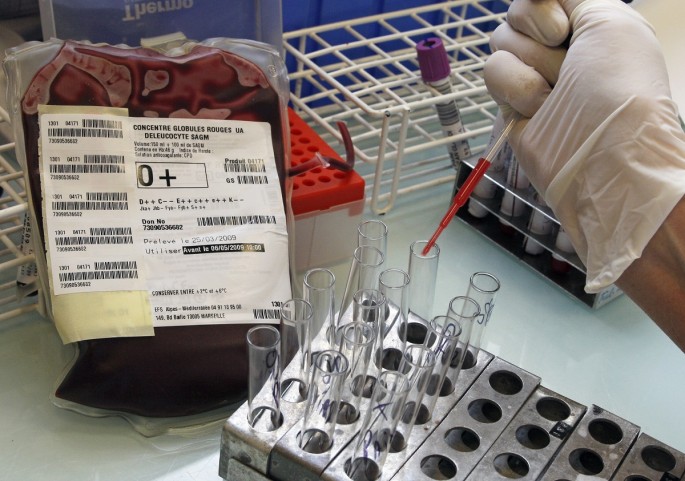A new form of blood test can help detect 86 percent of ovarian cancer more accurately than most other known methods currently in use, claimed researchers involved in the study.
The new screening test tracks the changes of a protein called CA125, which after a statistical analysis helps detect twice as many cases of ovarian cancer. A highlight of the new technique is that it uses a more personalised approach in determining what can be termed as the CA125 threshold, the level of the specific protein in blood beyond which the risk of ovarian cancer increases manifold.
This marks a departure from the current practice of using the same CA125 cut-off mark used for all women, stated BBC.
However, researchers were not sure if the new method of blood test is enough to actually save lives though they have expressed optimism.
"It's good, but the truth lies in whether we've picked up the cancer early enough to save lives, we hope we have," said Prof Usha Menon, from University College London.
The study aimed to device a single screening test that would act as a pointer to the presence of tumor or if the woman susceptible to having tumors anytime later in life. This would enable the medical fraternity to bring the general populace under the ambit of a regular screening test. Currently, it is only woman who are in the high risk group determined from a history of ovarian cancer or those having inherited a specific gene that are allowed regular screening tests, mentioned LiveScience.
Over the 14 year period that the study spanned, blood samples from post-menopausal women over 50 were collected. This allowed the researchers to study how CA125 fluctuated for each woman over time. This data along with a few other parameters are then fed to a computer program to help detect presence of tumor or if the woman runs the risk of developing tumor any time soon.




























